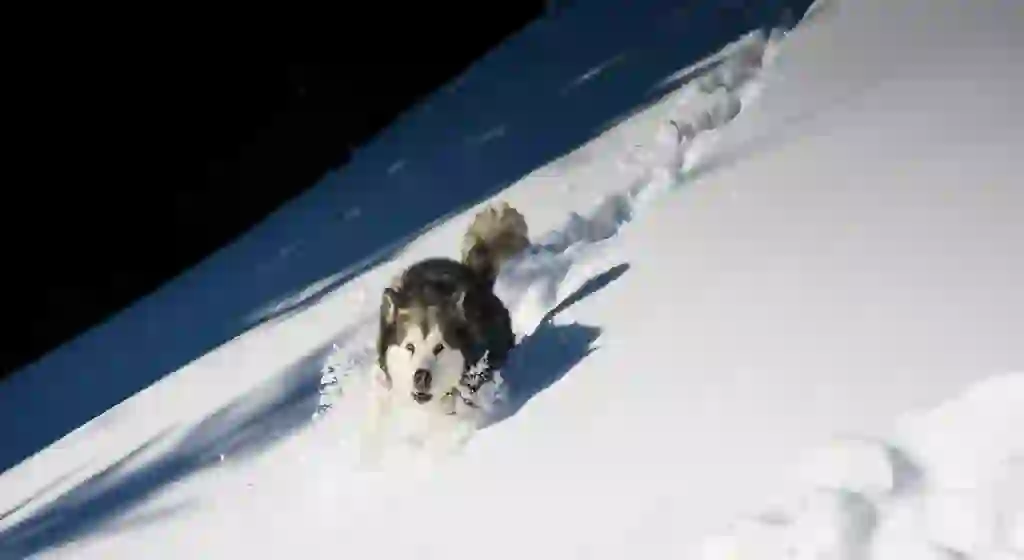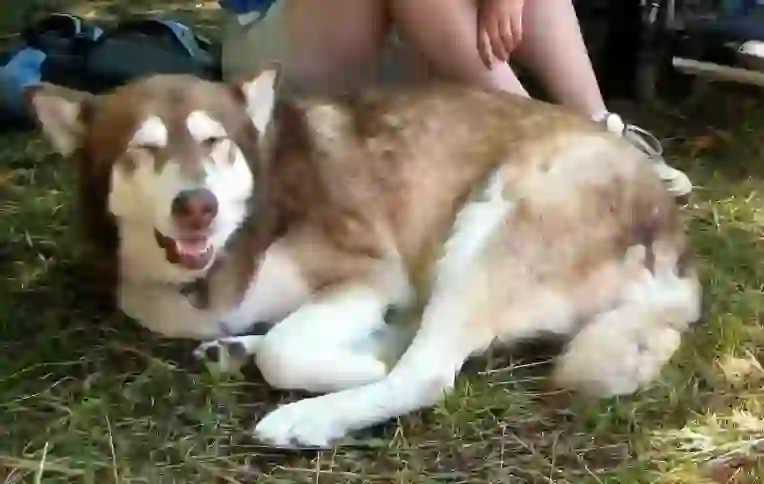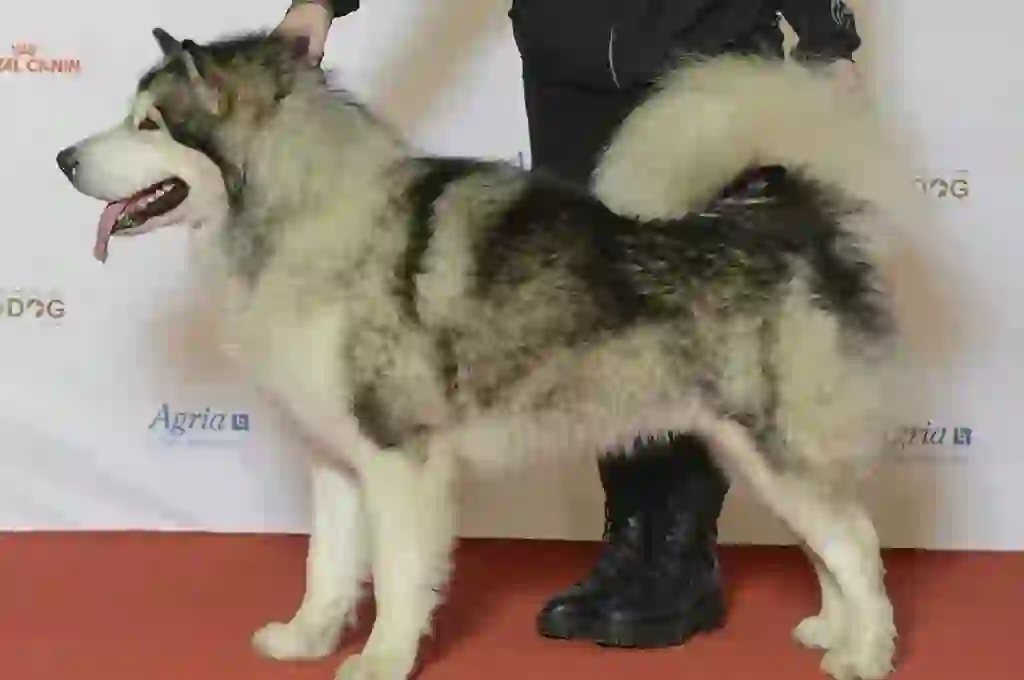
Alaskan Malamute
Alaskan Malamute
Alaskan Malamute
What comes to mind when you think of a dog that is large, strong, born in cold climates, and has a monochrome coat pattern? Most people might think of the Siberian Husky. However, I'd like to introduce the 'Alaskan Malamute' this time. They resemble Siberian Huskies not only in appearance but even their names sound somewhat similar. While not as well-known as Siberian Huskies in Japan, the Alaskan Malamute is a dog full of charm. Let's explore what kind of dog the Alaskan Malamute is!
Alaskan Malamute Basic Infomation
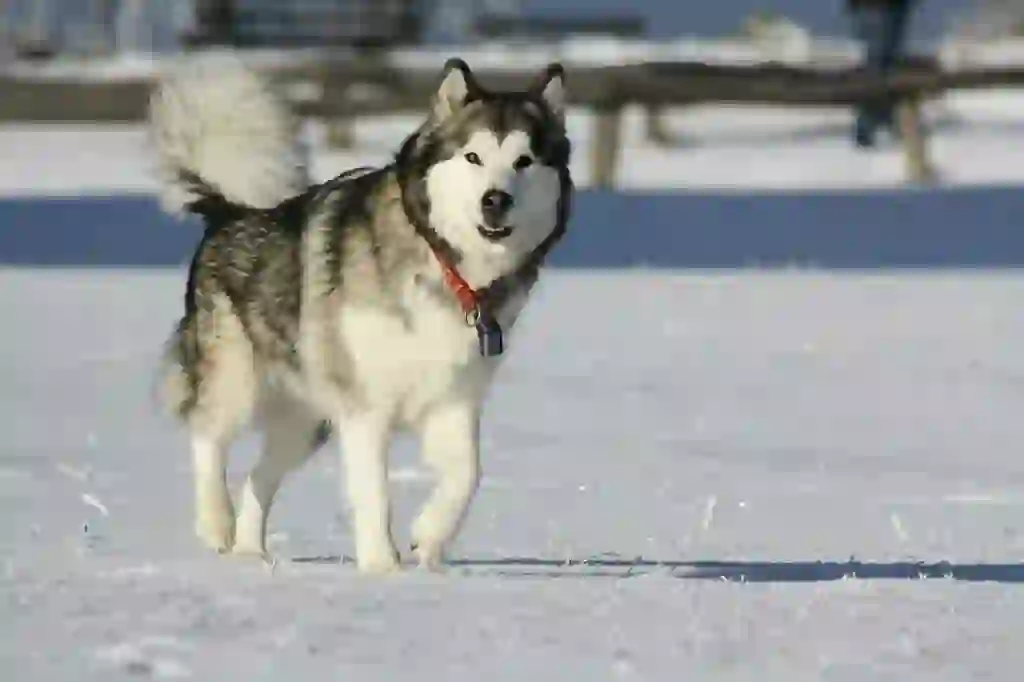
Basic Information on Alaskan Malamute
Order Carnivora, Family Canidae, Genus Canis
Female: Weight around 34kg, Height around 58cm
Male: Weight around 38kg, Height around 63cm
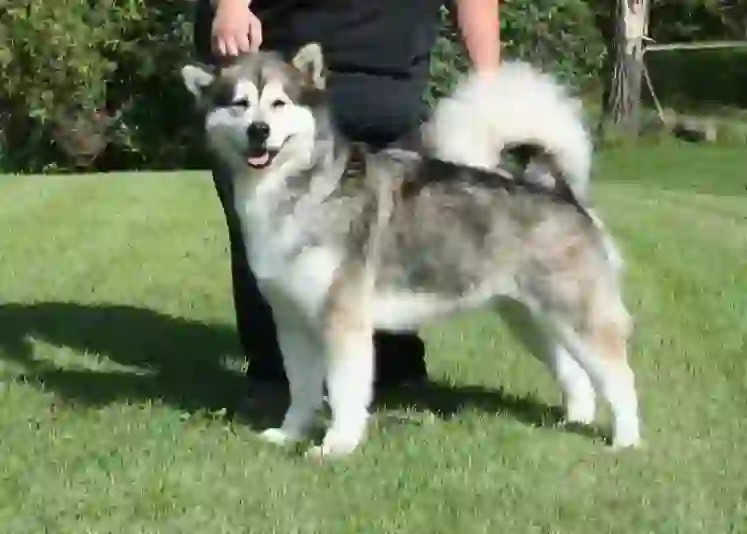
Physical Characteristics
A major feature of the Alaskan Malamute's appearance is undoubtedly its size. Siberian Huskies became a trend in Japan in the past. While Siberian Huskies were also known for being large, Alaskan Malamutes are even larger. As adults, they stand about 60cm tall, with their faces reaching an adult's waist height.
Like Siberian Huskies, they have a wolf-like appearance, making them the dog world's heartthrobs. However, they have a very gentle expression. Their eyes are almond-shaped and brown, giving them a cute look. Despite their size, they have adorable faces, which might surprise you.
They also have erect ears and a slightly large head. The long muzzle is also noteworthy. While there are individual differences, their form is more chunky than sleek, which can feel cute.
Focusing on their body, their strength is apparent. They have a thick chest and well-developed muscular legs, showcasing their power. On the other hand, their tail is curled and carried over their back. Like Shiba Inus, curled tails are very adorable.
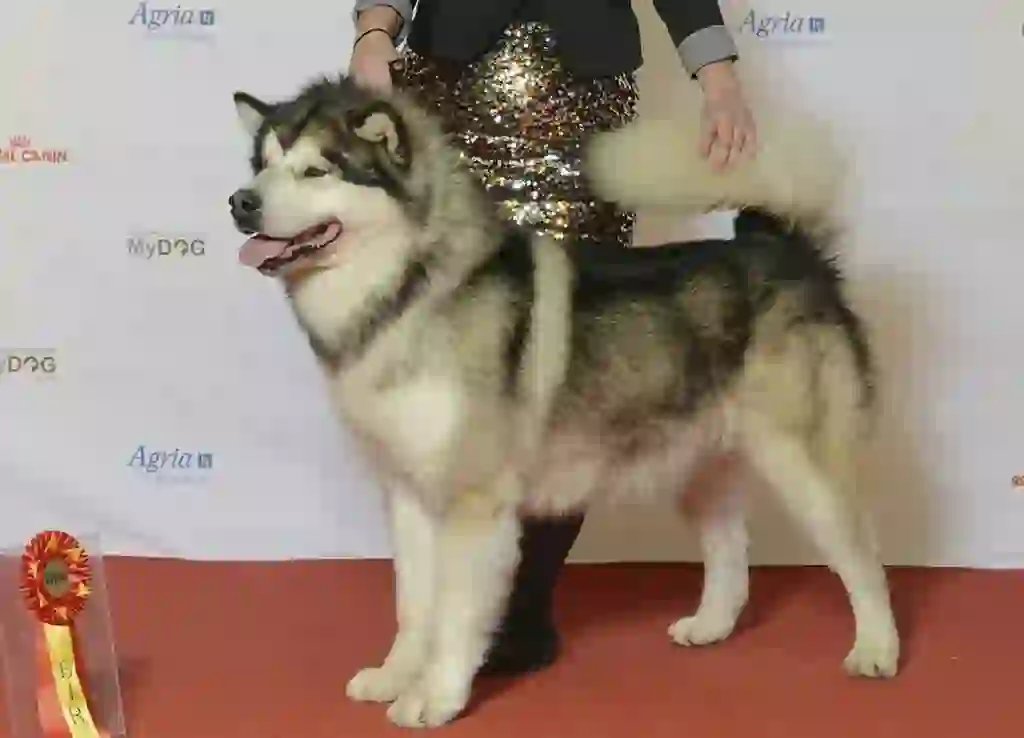
Habitat and Features
As the name suggests, the Alaskan Malamute is a breed originating from Alaska. Like Siberian Huskies, they were bred to pull sleds in cold climates and are one of the oldest sled dog breeds. Dog sledding has become a global attraction, and many people wish to see or experience it.
Their coat is monochrome, typically grey or black, with white markings on the belly and legs. While the Siberian Husky is well-known in Japan, the monochrome pattern of the Alaskan Malamute offers a stylish impression.
Moreover, as suggested by their build, they are incredibly strong. Focused more on power and stamina rather than speed, they are extremely well-balanced as sled dogs.
Recent studies have also shown that they have DNA very close to wolves, making them one of the most primitive breeds. Interestingly, the breed with the closest DNA to wolves is said to be the Shiba Inu, which is somewhat surprising.

Keeping an Alaskan Malamute as a Pet
It is not prohibited to keep an Alaskan Malamute in Japan. However, it is not commonly sold in pet shops, and getting one might take some effort. In most cases, you will need to import them, so be aware of that.
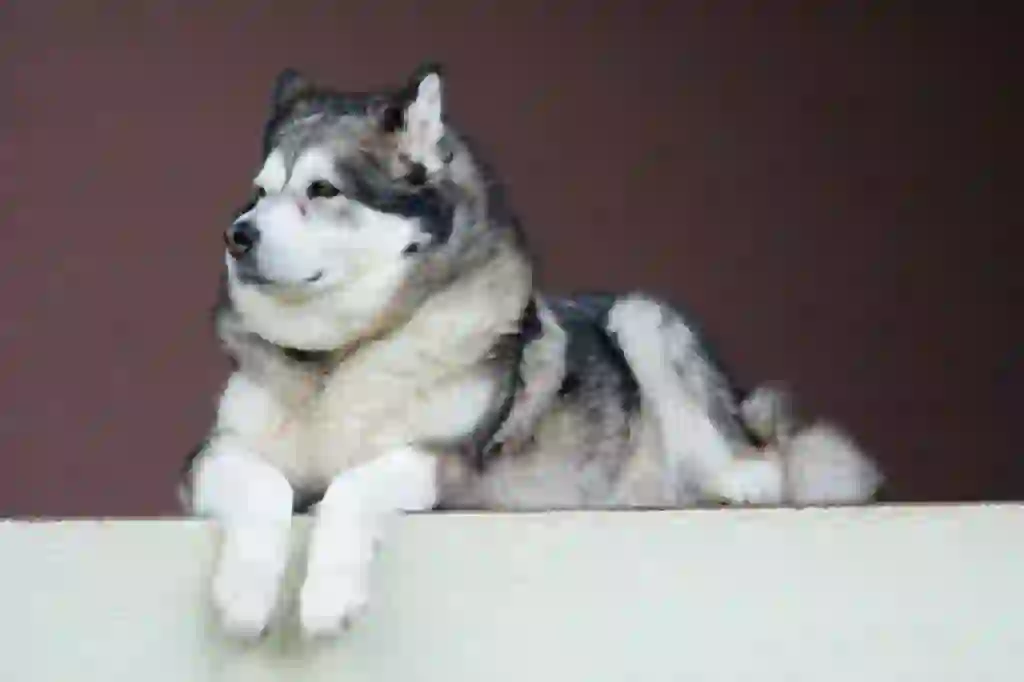
How Much Does an Alaskan Malamute Cost?
Since importing is the norm, the price is not cheap. It is said to be around 200,000 to 500,000 yen. Of course, the price varies based on age and lineage, so make sure to inquire properly. Avoid making impulsive decisions like 'I changed my mind because it's not what I thought' and act responsibly.
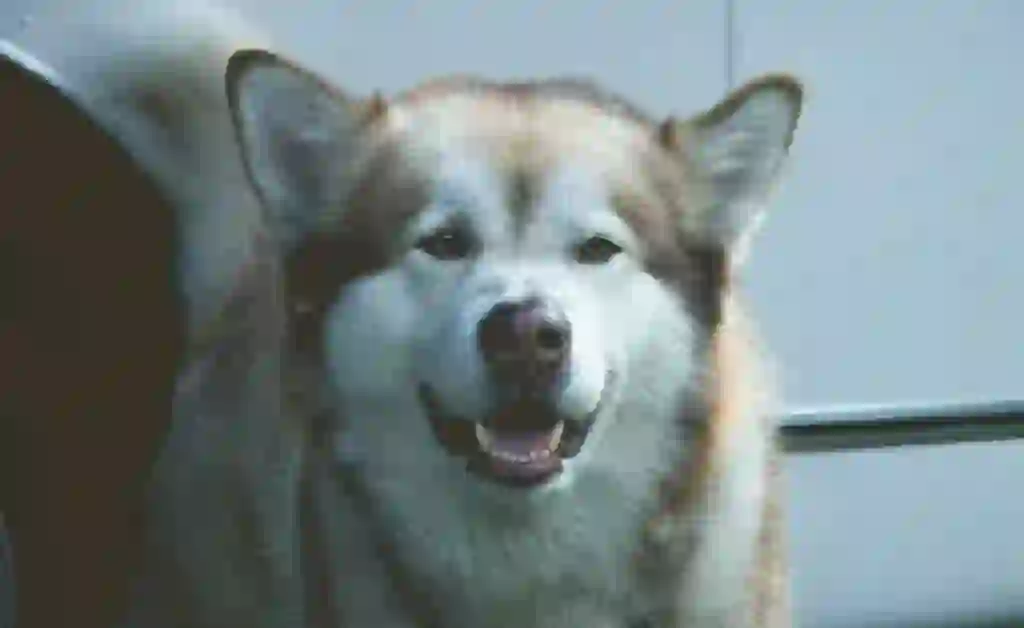
How Long Do Alaskan Malamutes Live?
The lifespan of an Alaskan Malamute is said to be around 11 years. Among large breeds like the Siberian Husky or Golden Retriever, this is considered an average lifespan. If you start with a puppy, they will be a part of your family for a long time. Pay attention to their health as they can easily fall ill in Japan's environment.
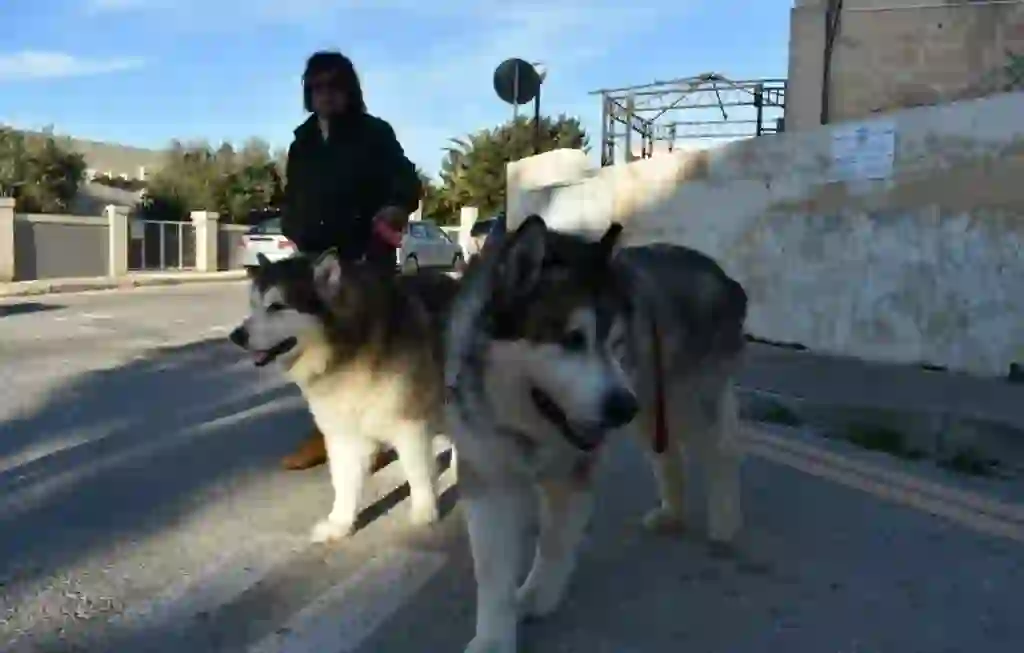
What Kind of Exercise Does an Alaskan Malamute Need?
Originally bred to pull heavy loads, Alaskan Malamutes require a lot of exercise, needing over two hours of walking daily. Failure to provide enough physical activity can lead to stress and health issues. While the daily walks might be demanding for the owner, it's important to be fully committed.
Alaskan Malamutes are very strong, so if they suddenly start running, they can easily pull you over, potentially leading to serious accidents. It's crucial to train them to walk beside the owner from puppyhood.
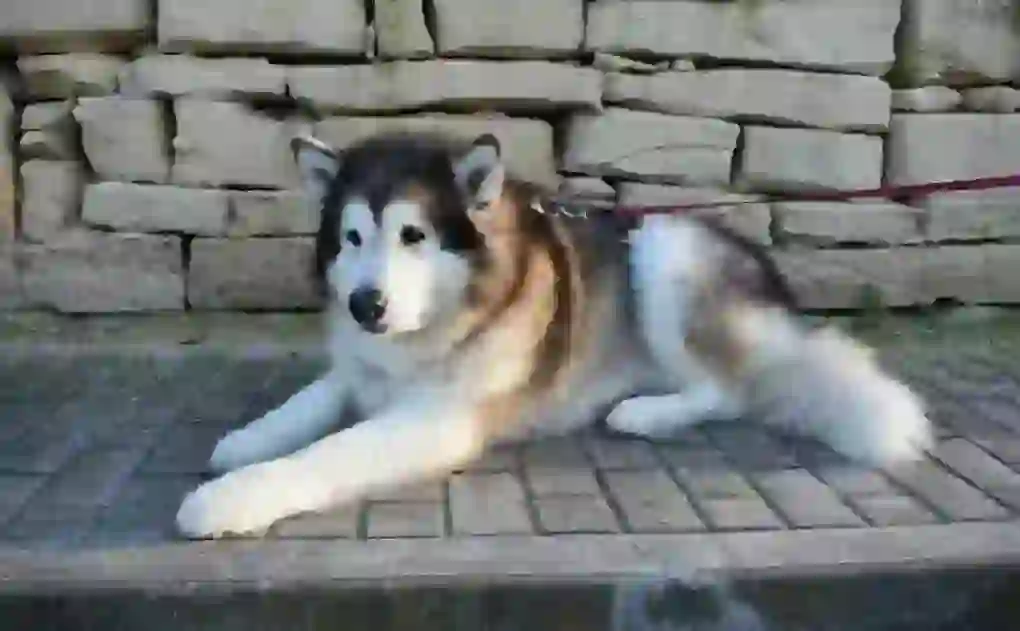
How to Care for an Alaskan Malamute?
One of the charms of the Alaskan Malamute is its fluffy coat, which, of course, means that a tremendous amount of fur is shed during the shedding season.
Try to brush daily, and bathe once or twice a month. Neglecting grooming can lead to body odor or tangled fur, making brushing more difficult.
Of course, your home will also be covered in fur, so diligent care is indispensable.
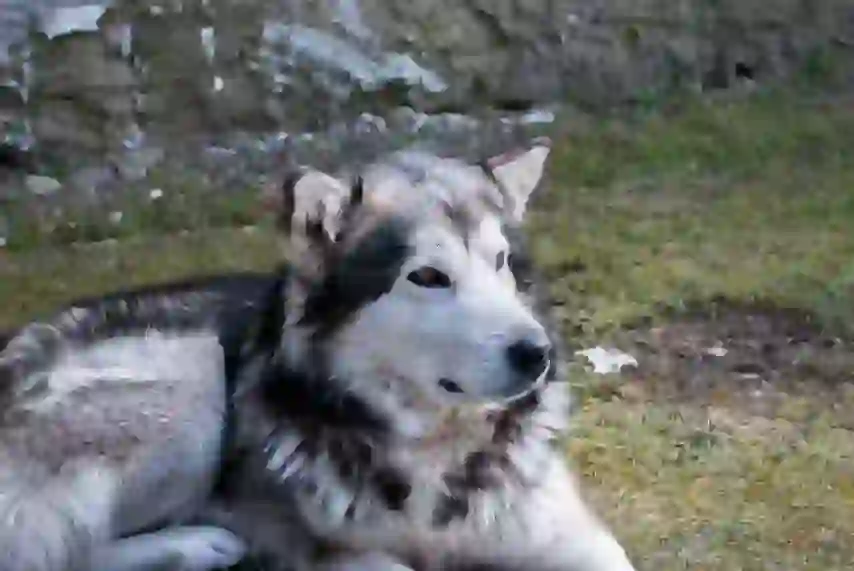
What Should You Be Cautious of When Owning an Alaskan Malamute?
Not limited to Alaskan Malamutes, but when keeping any animal, it's important to be cautious of diseases. Specifically, there are three diseases that Alaskan Malamutes are said to be prone to.
The first is gastric torsion, more likely in large-chested breeds, where the stomach twists on itself. It's often caused by gulping food or exercising right after eating, and in some cases, can be fatal.
The second is hip dysplasia, a condition where the hip joints don't develop properly. It's thought to be hereditary, but can also develop due to stress on the joints, so be wary of obesity and excessive exercise.
The third is heatstroke, familiar to humans as well, but something Alaskan Malamutes must also be careful of. Originally from cold climates, the hot and humid environment of Japan can be harsh. Let them stay in air-conditioned rooms and avoid hot times for walks, opting for early morning or evening instead.
Alaskan Malamute Q&A

Would you like to become a part of the 'Animalbook.jp'?
Turn your knowledge into Q&A and share it with the world. ※Publication will be activated after purchase. Let's share information together!
Alaskan Malamute Type of List
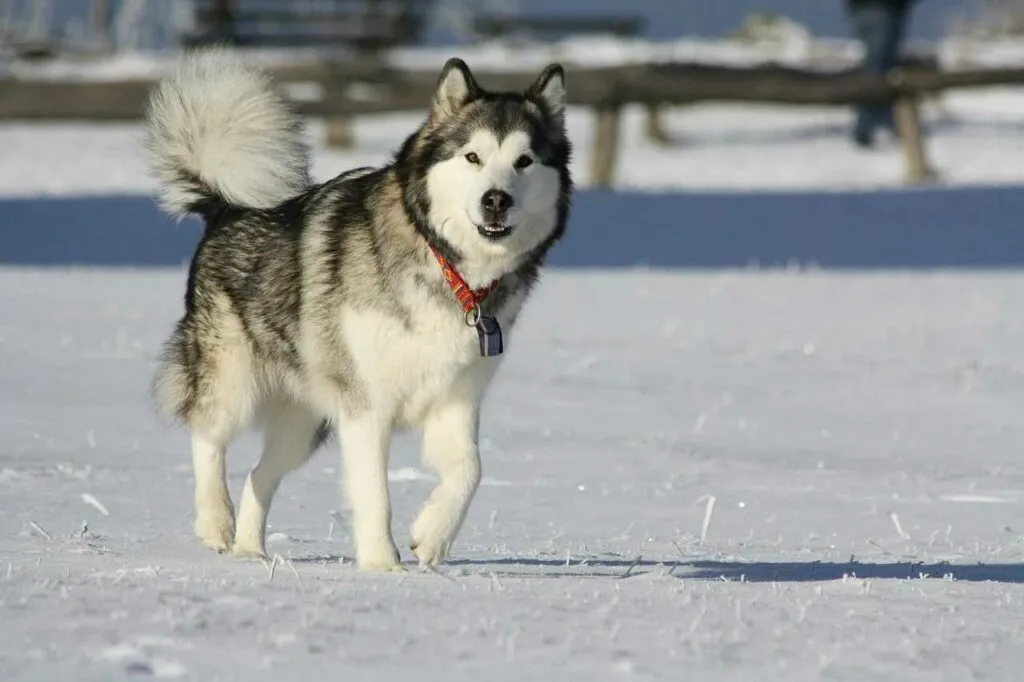
- Alaskan Malamute
Information
Congratulations! You are the first commenter!

Create Your Favorite List!
Alaskan Malamute
Save the animals you love! Build your own list to quickly revisit your favorites later.

Would you like to leave a comment?
※Please note: This is for the purchase of rights to post comments within the article.
Find Your Favorites!
Our shop offers a unique and attractive selection of goods themed around various animals.
Alaskan Malamute References

- Wikipedia https://ja.wikipedia.org/wiki/アラスカン・マラミュート
- いぬのきもち WEB MAGAZINE https://dog.benesse.ne.jp/doglist/big/content/?id=41201
- アクサダイレクト https://www.axa-direct.co.jp/pet/pet_dog/library/alaskan_malamute.html
- みんなの犬図鑑 https://www.min-inuzukan.com/alaskan-malamute.html
- 一般社団法人 ジャパン ケネル クラブ https://www.jkc.or.jp/archives/world_dogs/2595
- アイペット損害保険株式会社 https://www.ipet-ins.com/dog-insurance/breed/17889/
- MOFFME https://hoken-room.jp/pet/6962
- コトバンク https://kotobank.jp/word/アラスカン・マラミュート-797109
- pepy https://pepy.jp/6684
- Wanwans https://wanwans.com/new/faq-malamute-meaning
- ペットコムコム http://petcomcom.com/content/alaskanmalamute/
- そらいろネット https://sorairo-net.com/aquarium/dog/alaskanmalamute001.html
- docdog https://www.docdog.jp/2019/07/magazine-dogs-s-a-107.html
Alaskan Malamute Introduction of media used

出典:https://commons.wikimedia.org/wiki/File:Juneaustack.jpg

出典:https://pixabay.com/images/id-1531351/

出典:https://www.pexels.com/ja-jp/photo/6748158/

出典:https://pixabay.com/images/id-1434343/
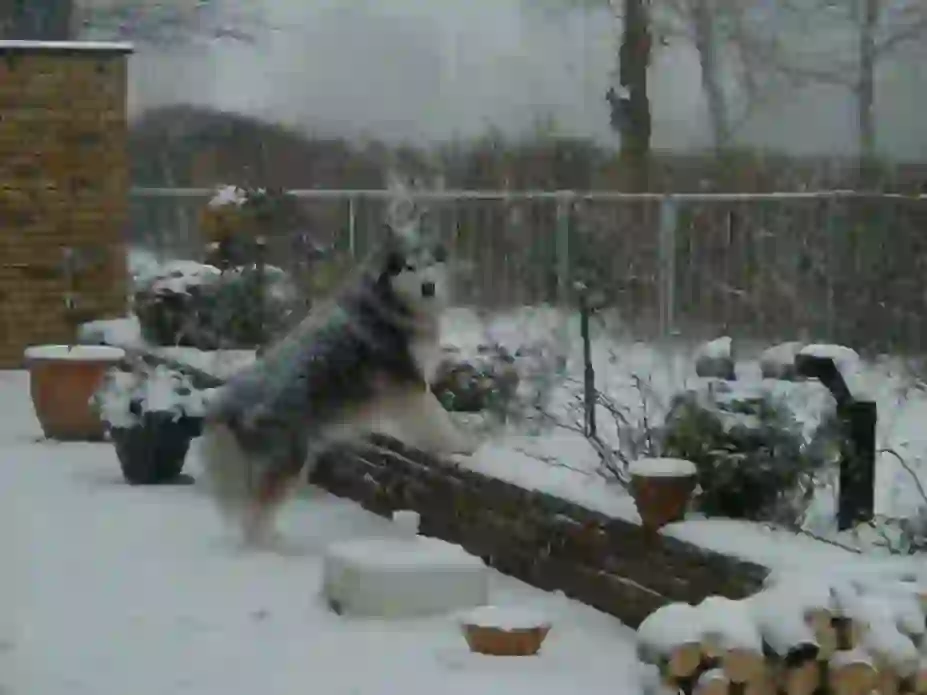
出典:https://commons.wikimedia.org/wiki/File:Malamute_in_snow.JPG
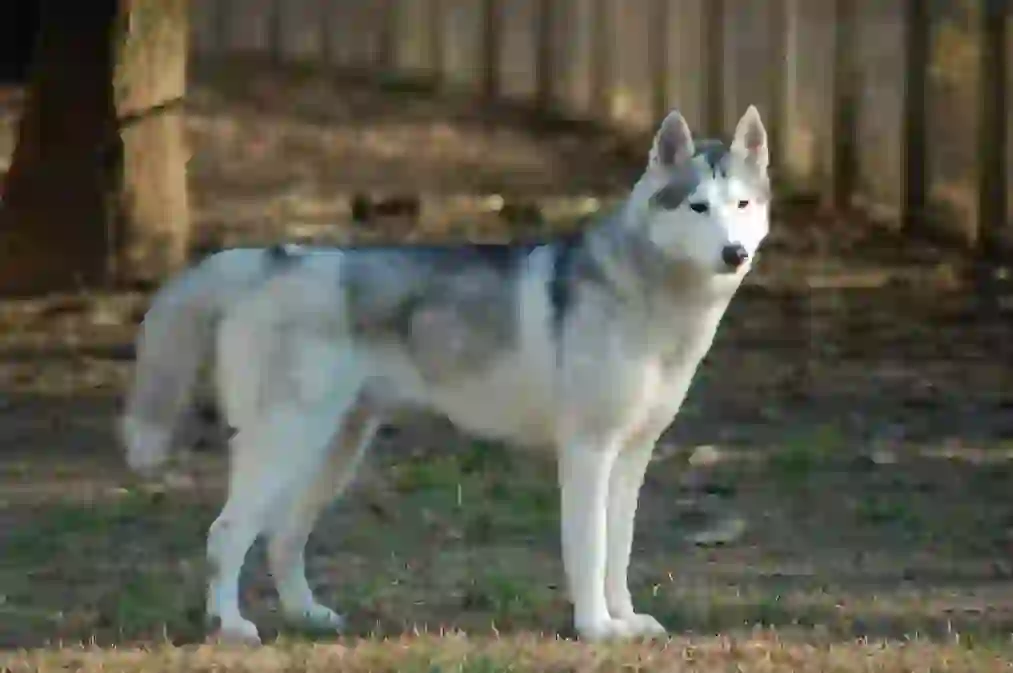
出典:https://pixabay.com/images/id-4736052/
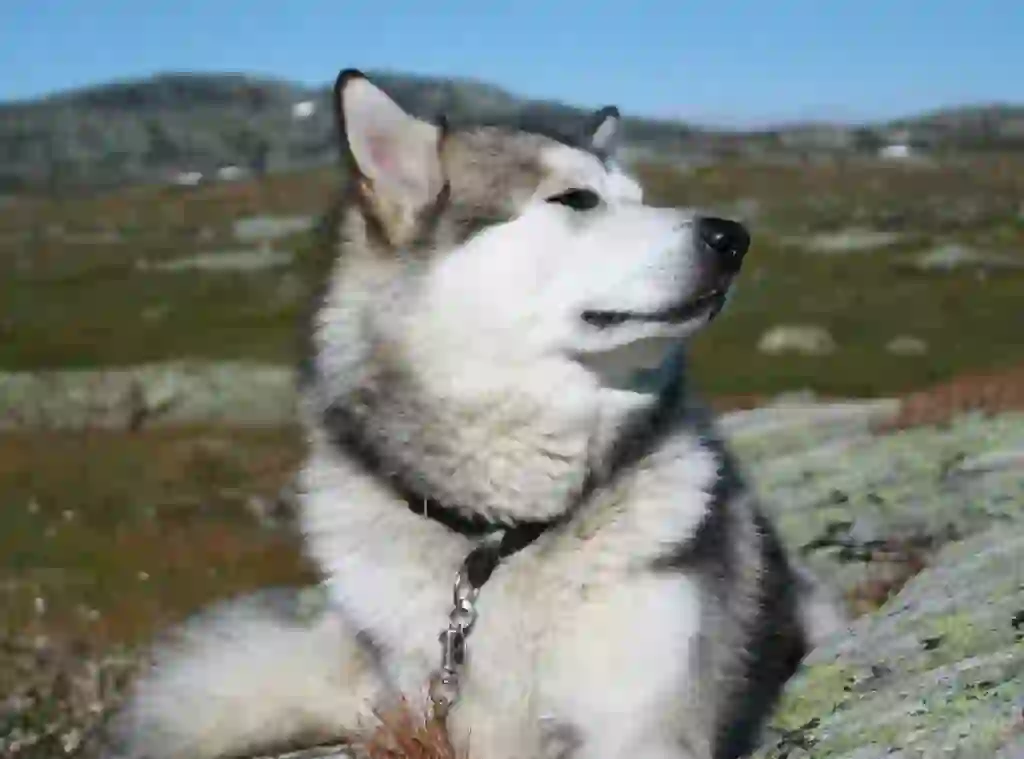
出典:https://pixabay.com/images/id-2358596/

Help Enrich Our Animalbook.jp with Your Media!
We are constantly looking to expand and enrich our Animalbook.jp with amazing photos and videos of animals. If you have any media that you'd like to share, please contribute and help us showcase the beauty and diversity of the animal kingdom. Your submissions will be credited and featured in our encyclopedia, reaching a wide audience of animal lovers.
















